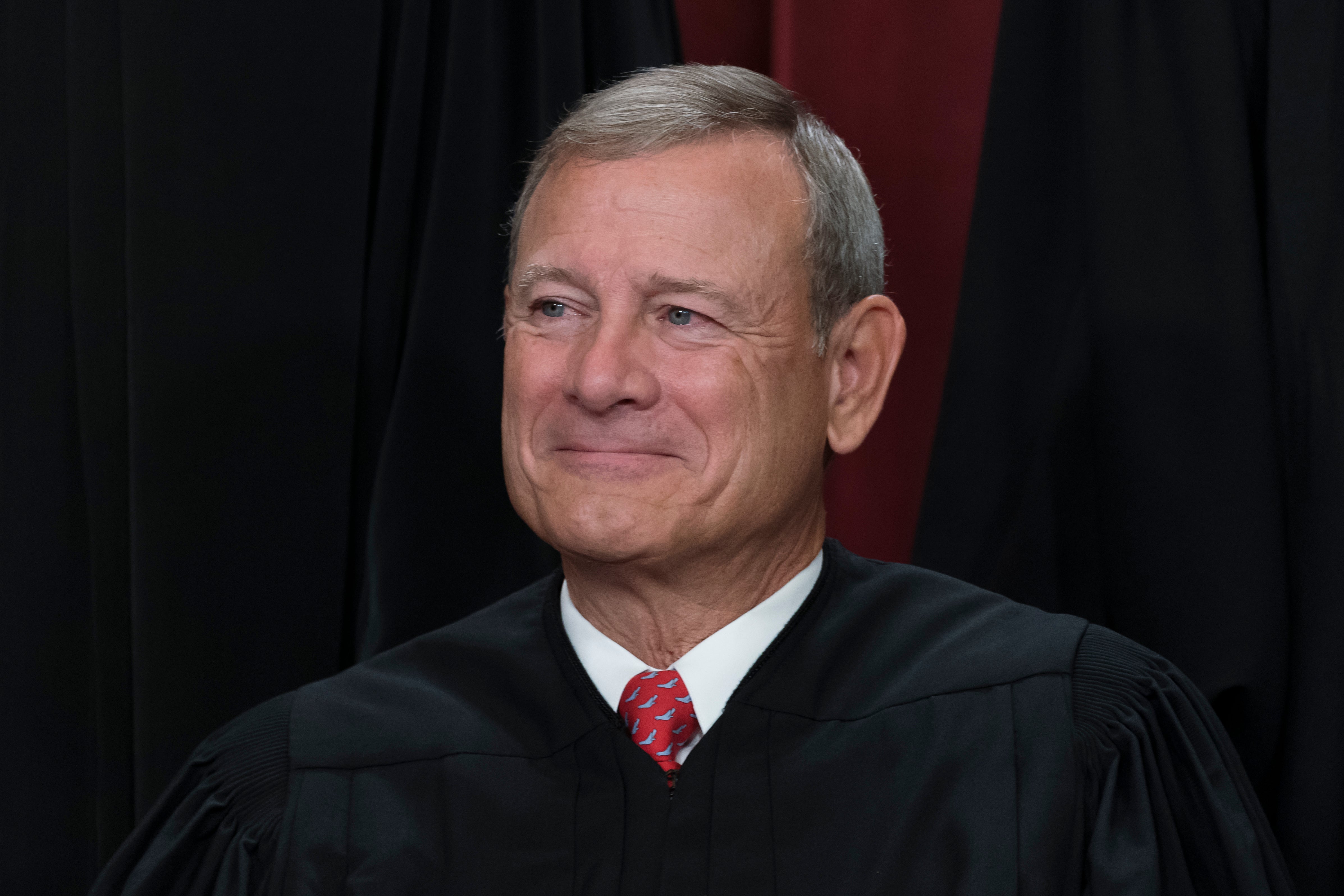Chief Justice Roberts casts a wary eye on the uses of artificial intelligence in the federal courts
Chief Justice John Roberts is turning his focus to the promise and shortcomings of artificial intelligence in the federal courts

Chief Justice John Roberts on Sunday turned his focus to the promise, and shortcomings, of artificial intelligence in the federal courts, in an annual report that made no mention of Supreme Court ethics or legal controversies involving Donald Trump.
Describing artificial intelligence as the "latest technological frontier,” Roberts discussed the pros and cons of computer-generated content in the legal profession. His remarks come just a few days after the latest instance of AI-generated fake legal citations making their way into official court records, in a case involving ex-Trump lawyer Michael Cohen.
“Always a bad idea,” Roberts wrote in his year-end report, noting that “any use of AI requires caution and humility.”
At the same time, though, the chief justice acknowledged that AI can make it much easier for people without much money to access the courts. “These tools have the welcome potential to smooth out any mismatch between available resources and urgent needs in our court system,” Roberts wrote.
The report came at the end of a year in which a series of stories questioned the ethical practices of the justices and the court responded to critics by adopting its first code of conduct. Many of those stories focused on Justice Clarence Thomas and his failure to disclose travel, other hospitality and additional financial ties with wealthy conservative donors including Harlan Crow and the Koch brothers. But Justices Samuel Alito and Sonia Sotomayor also have been under scrutiny.
The country also is entering an the beginning of an election year that seems likely to enmesh the court in some way in the ongoing criminal cases against Trump and efforts to keep the Republican former president off the 2024 ballot.
Along with his eight colleagues, Roberts almost never discusses cases that are before the Supreme Court or seem likely to get there. In past reports, he has advocated for enhanced security and salary increases for federal judges, praised judges and their aides for dealing with the coronavirus pandemic and highlighted other aspects of technological changes in the courts.
Roberts once famously compared judges to umpires who call balls and strikes, but don't make the rules. In his latest report, he turned to a different sport, tennis, to make the point that technology won't soon replace judges.
At many tennis tournaments, optical technology, rather than human line judges, now determines "whether 130 mile per hour serves are in or out. These decisions involve precision to the millimeter. And there is no discretion; the ball either did or did not hit the line. By contrast, legal determinations often involve gray areas that still require application of human judgment,” Roberts wrote.
Looking ahead warily to the growing use of artificial intelligence in the courts, Roberts wrote: “I predict that human judges will be around for a while. But with equal confidence I predict that judicial work — particularly at the trial level — will be significantly affected by AI.”
Bookmark popover
Removed from bookmarks